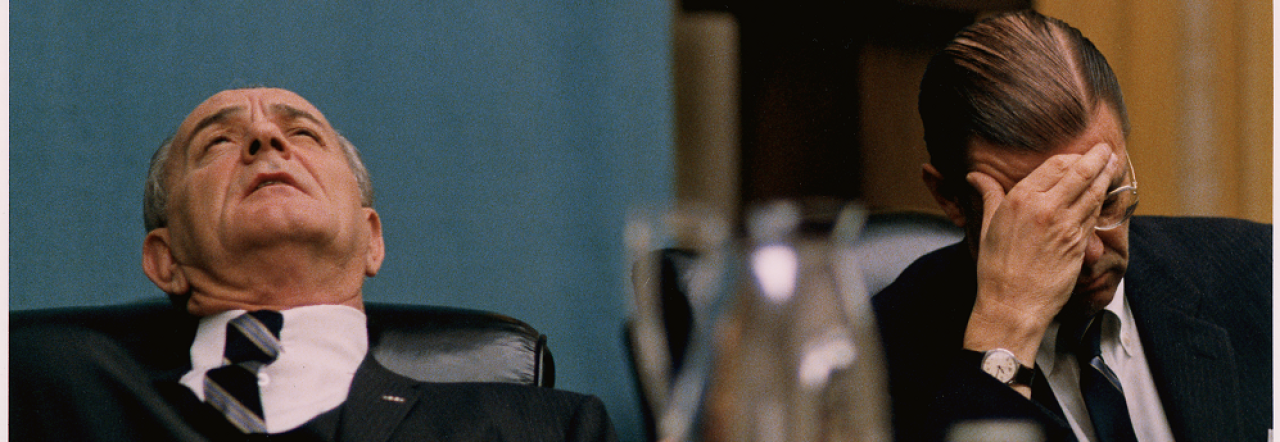It is truly sad when anyone is struck with Alzheimer’s. There is no one that would not have snapped their fingers if they could have had Ronald Reagan not suffer this affliction. I know I would have.
Having said that the news this week will make many historians ponder new assessments of the Gipper’s years in office.
Ron Reagan, son of former President Reagan, reported this week in a new book the aging President did have symptoms Of Alzheimer’s while serving in the Oval Office. It is not surprising to hear, but it is unsettling when one considers the possible ramifications of such a disease impacting the decision making capabilities of the leader of the free world.
But youngest son Ron Reagan is spoiling the good cheer with a new book that suggests the Gipper suffered from Alzheimer’s disease while in the White House, a claim dismissed by Reagan’s doctors and outside experts. “Had the diagnosis been made in, say, 1987, would he have stepped down?” Ron asks, regarding the disease confirmed in 1994. “I believe he would have,” he writes in My Father At 100: A Memoir, due in bookstores Tuesday. [Poll: Who do you think was the worst president?]
In addition to challenging the former president’s doctors, Ron also reports for the first time that Reagan, right after falling off a horse six months out of the White House, underwent brain surgery, denied by Reagan associates.
Let’s start with the Alzheimer’s diagnosis. It was announced in 1994. While it prompted some to suggest they knew Reagan had the disease as president, his four White House doctors said they saw no evidence of it. But Ron, who became a liberal and atheist, disappointing his dad, suggests he saw hints of confusion and “an out-of-touch president” during the 1984 campaign and again in 1986, when his father couldn’t recall the names of California canyons he was flying over. Arguing his case in the book, Ron adds that doctors today know that the disease can be in evidence before being recognized. “The question, then, of whether my father suffered from the beginning stages of Alzheimer’s while in office more or less answers itself,” he writes. [See a gallery of caricatures of Reagan and other pols.]
Besides playing amateur doctor, Ron Reagan reveals, if true, brain surgery on his dad never before reported. He accurately reports that Reagan, after leaving the presidency, was bucked from a horse on July 4, 1989, while in Mexico. Ron tells of how his dad, after initially refusing medical help, was transported to a San Diego hospital. “Surgeons opening his skull to relieve pressure on the brain emerged from the operating room with the news that they had detected what they took to be probable signs of Alzheimer’s disease.” Several Reagan associates, however, say there was no surgery in San Diego.
What’s more there is no reporting about any San Diego operation on Reagan. News reports at the time of his fall say Reagan was flown to a hospital in Arizona, where he was treated for scrapes and bruises and released after five hours.
There were no reports of Reagan with a shaved head or skull stitches later that month when he served as a guest TV announcer at the July 11 baseball All-Star Game in Anaheim, Calif., or when he was inducted into the Cowboy Hall of Fame in Oklahoma City on July 21.
In September, he went to the Mayo Clinic, where a small burr hole was drilled to relieve a fluid buildup due to the fall.
Ron Reagan doesn’t mention this, but says that Reagan visited the Mayo Clinic in 1990 for tests that “confirmed the initial suspicion of Alzheimer’s.” Reagan’s post-presidency history, documented in several archives like University of Texas, reveal no such visit. And Dr. John E. Hutton Jr. his doctor from 1984 through Reagan’s retirement, told the New York Times that Reagan didn’t show the tell-tale symptoms until 1993.
Ron Reagan won’t talk about his book until its release, says his publisher Viking. The publisher also didn’t provide documents backing up the San Diego operation claim.
Here are key excerpts from Ron Reagan about his dad’s situation from My Father At 100, A Memoir.
Early hints that Ronald Reagan’s mind was fuzzy:
“Three years into his first term as president, though, I was feeling the first shivers of concern that something beyond mellowing was affecting my father. We had always argued over this issue or that, rarely with anything approaching belligerence, but vigorously all the same. He generally had the advantage of practiced talking points backed up by staff research, but I was an unabashed, occasionally effective advocate for my own positions. ‘He told me you make him feel stupid,’ my mother once shared, to my alarm. I didn’t want my father to feel stupid. If he was going to shoulder massive responsibility, I wanted him to feel on top of his game. If he was going to fulfill his duties as president, he would have to be.” Pages 204-205
“Watching the first of his two debates with 1984 Democratic presidential nominee Walter Mondale, I began to experience the nausea of a bad dream coming true. At 73, Ronald Reagan would be the oldest president ever reelected. Some voters were beginning to imagine grandpa—who can never find his reading glasses—in charge of a bristling nuclear arsenal, and it was making them nervous. Worse, my father now seemed to be giving them legitimate reason for concern. My heart sank as he floundered his way through his responses, fumbling with his notes, uncharacteristically lost for words. He looked tired and bewildered.” Page 205.
“My father might himself have suspected that all was not as it should be. As far back as August 1986 he had been alarmed to discover, while flying over the familiar canyons north of Los Angeles, that he could no longer summon their names.” Page 218.
The July 4, 1989 horse bucking and discovery of Alzheimer’s:
“In July 1989, barely six months out of office, my father visited friends in Mexico. While out riding he was thrown when his horse shied at something in the trailside scrub. That my father, even at age 78, would be bucked off his mount was, in itself, an ominous sign. It’s a wonder he didn’t break any bones, but he did hit his head hard enough to cause a sizable contusion. After initially refusing medical attention, he ultimately relented and was transported to a hospital in San Diego. Surgeons opening his skull to relieve pressure on the brain emerged from the operating room with the news that they had detected what they took to be probable signs of Alzheimer’s disease. No formal diagnosis was given, as far as I know. I have since learned from a doctor who happened to be interning at the hospital when my father was brought in that surgeons involved in his care, in what my informant characterized as ‘shameful’ behavior, violated my father’s right to medical privacy by subsequently gossiping about his condition.” Page 217.
“Doctors recommended to my mother that further tests of cognition be conducted the following year to measure any decline. Those tests, at the Mayo Clinic, confirmed the initial suspicion of Alzheimer’s.” Page 217.
“I’ve seen no evidence that my father (or anyone else) was aware of his medical condition while he was in office. Had the diagnosis been made in, say 1987, would he have stepped down? I believe he would have. Far less was known about the disease then, of course, than is known now. Today we are aware that the physiological and neurological changes associated with Alzheimer’s can be in evidence years, even decades, before identifiable symptoms arise. The question, then, of whether my father suffered from the beginning stages of Alzheimer’s while in office more or less answers itself.” Pages 217-218.

